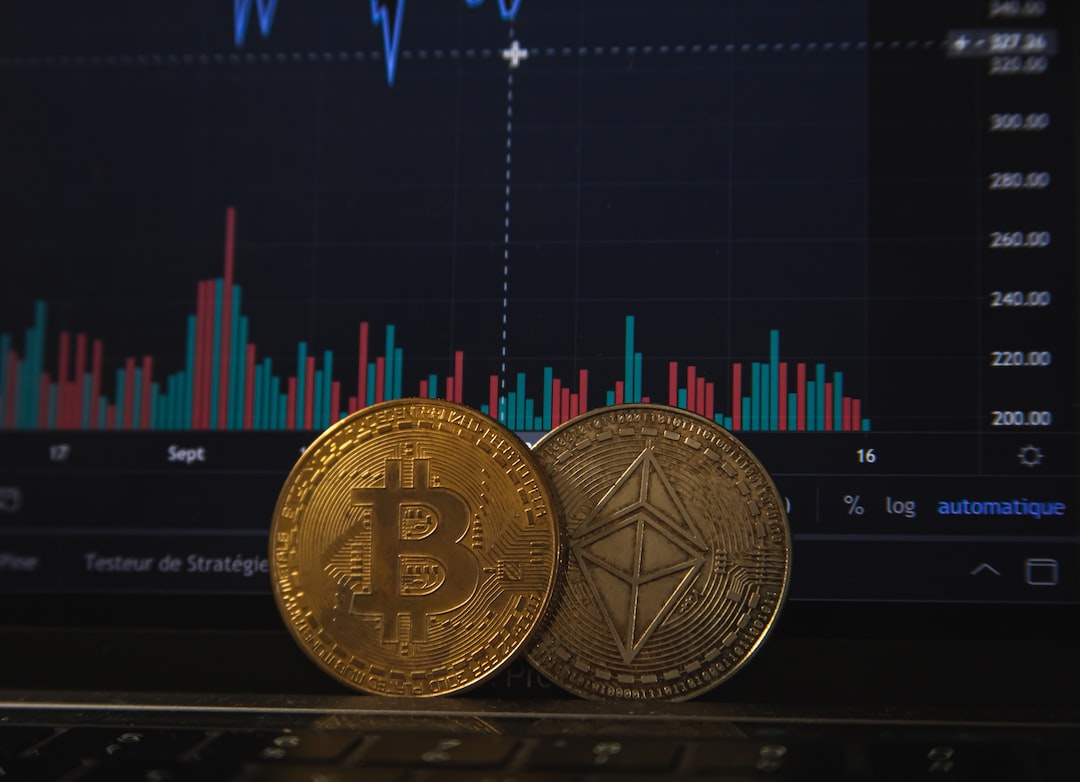In Response to Terrorist Attack, US Treasury Designates Individuals and Entities Linked to Hamas
The US Department of the Treasury’s Office of Foreign Assets Control (OFAC) has taken decisive action following a recent terrorist attack on Israel. They have designated ten individuals and entities connected to the Hamas terrorist organization. This move aims to disrupt the financial structures that support Hamas, targeting individuals and operations in various locations including the Gaza Strip, Sudan, Türkiye, Algeria, and Qatar.
Sanctions Detail
The sanctions specifically target different aspects of Hamas’s financial network. Those designated include individuals managing a secret investment portfolio for Hamas, a Qatar-based facilitator with close ties to Iran, a senior Hamas commander, and a virtual currency exchange in Gaza along with its operator. These sanctions build upon previous actions taken since May 2022, which focused on officials and companies involved in Hamas’s concealed global investment portfolio. The current designations align with the broader US strategy of dismantling the revenue streams that fuel Hamas’s activities in the West Bank, Gaza, and beyond.
Hamas has operated global financial operations disguised as legitimate businesses, amassing significant revenue in hundreds of millions of dollars. Their investments span several countries such as Sudan, Algeria, Türkiye, and the United Arab Emirates. The United States aims to expose and freeze these assets to limit Hamas’s ability to finance its operations.
Key Individuals and Entities
The sanctions highlight several individuals and entities associated with Hamas. This includes Musa Muhammad Salim Dudin, a Hamas official based in the West Bank, and Abdelbasit Hamza Elhassan Mohamed Khair, a Sudan-based financier who managed multiple companies within Hamas’s investment portfolio. In Türkiye and Algeria, Amer Kamal Sharif Alshawa, Ahmed Sadu Jahleb, Aiman Ahmad Al-Duwaik, and Walid Mohammed Mustafa Jadallah have been identified as part of Hamas’s investment network, with various roles in supporting the terrorist organization’s financial infrastructure.
Additionally, Muhammad Ahmad ‘Abd Al-Dayim Nasrallah and Ayman Nofal, based in Qatar and Gaza respectively, have been designated for their significant roles within Hamas. The actions also extend to Buy Cash Money and Money Transfer Company, a virtual currency exchange based in Gaza, and its owner Ahmed M. M. Alaqad, for their material support to Hamas.
Virtual Currency Concerns
OFAC’s actions highlight the growing challenge posed by virtual currencies in financing terrorism. The seizure of virtual currency wallets linked to Hamas by Israel’s National Bureau for Counter Terrorist Financing in 2021 foreshadowed the concerns addressed in these sanctions. The designation of Buy Cash, which is involved in virtual currency transactions including Bitcoin, emphasizes the nuanced aspect of terror financing that requires international attention and action.
Sanctions Implications
The implications of these sanctions are significant. They require the freezing of all property and interests in the US or under US persons’ control belonging to the designated individuals and entities. Furthermore, they emphasize the risks faced by financial institutions and other entities if they engage in transactions with the designated persons. This reinforces the robustness and dynamic enforcement landscape of the US sanctions regime.
Hot Take: Disrupting Terrorist Financing through Targeted Sanctions
The US Department of the Treasury’s recent designation of individuals and entities connected to Hamas demonstrates a strong commitment to disrupting terrorist financing networks. By targeting key individuals involved in Hamas’s financial operations across multiple countries, including those engaging in virtual currency transactions, these sanctions aim to undermine the organization’s ability to fund its activities. The freezing of assets and the potential risks for entities engaging with designated persons serve as a deterrent and reinforce the effectiveness of the US sanctions regime. This decisive response sends a clear message that terrorist financing will not be tolerated, and international cooperation is crucial in dismantling these networks.





 By
By
 By
By
 By
By
 By
By
 By
By